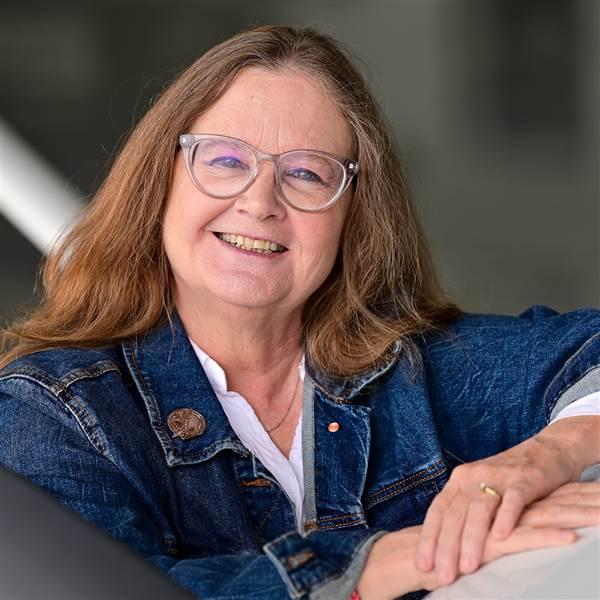With a dwindling number of pilot job applications in the past two years, regional carrier Cape Air has had to get creative—not only with how it secures new pilots, but also with how it plans to hire them in the future.
Craig Bentley, Cape Air vice president of operations, discussed his company’s recruitment practices on April 28 at the National Pilot Supply Summit, hosted by The Ohio University Center for Aviation Studies in Columbus. Bentley and other industry representatives shared their views on whether there is a pilot shortage.
Cape Air operates a fleet of 83 Cessna 402s, four Britten-Norman Islanders, and two ATRs to 44 cities in the Northeast, the Midwest, Montana, Micronesia, the Virgin Islands, and the West Indies. “Since our inception in 1989, we’ve needed to have pilots who possessed an [airline transport pilot certificate],” Bentley said. Cape Air has always viewed itself as an opportunity where pilots can develop a skill set that will take them where they want to go in the industry. “It is a stepping stone and we recognize that,” he said. “We look to help folks get to where they need to go in the industry. I’m not sure a lot of other industries do that. We think that’s important.”
In 2006, the company developed a “farm team”: “We agreed to bring on 10 candidates of lower time from quality institutions with quality training that we knew well, and we developed those folks to an ATP,” Bentley said. “We’ve grown that program to 45 annually that we hire into the [first officer] ranks.” He said he recently received approval to double that number for the next calendar year. “That has been sustaining our growth and mitigating our attrition rates,” he said.
But it isn’t a total solution. Pilot applications in 2013 numbered just over 1,000, and fell to about half that amount in 2014, Bentley said. “The real doom and gloom is captain hiring,” which he said has steadily decreased, as well as the number of pilots who actually show up for class when sent an employment offer. “It’s a buyer’s market out there for the pilots and plenty of opportunities out there,” he said.
“We’ve been fortunate not to [have to] park airplanes, but we’ve shortened the day that piece of equipment is able to operate,” Bentley said.
Cape Air has partnered with several college aviation programs to bridge the gap between the 250-hour college graduate and the 1,000/1,200/1,500 hours needed to qualify for a restricted or full ATP. Its participation in the JetBlue University Gateway Program creates a structured path with defined education, revenue, and benefits, Bentley said. Undergraduate students who qualify can work as interns at Cape Air or JetBlue, and when they graduate they continue to log hours as university flight instructors. After completing that commitment, they can hire on at Cape Air as captains and gain experience to eventually fly with JetBlue.
Colleges that participate in the program include Auburn University; Bridgewater State University; Embry-Riddle Aeronautical University; Inter-American University; Jacksonville University; and the University of North Dakota. Some 250 pilots are currently enrolled, Bentley said.
"The end goal is to send pilots from Cape Air or ExpressJet to JetBlue at a rate of about 50 a year,” he said. “It’s not going to solve JetBlue or Cape Air’s hiring problems, but it helps.” Cape Air gets two years to 30 months of service from each participant, who in turn earns “a decent income” during that time “and they know they’re going to make it onto JetBlue,” he said. “We’ve had 100 percent success with the kids who have gone all the way through the program.”
Bentley said the company also has what he termed an “internal” gateway program, which provides funding for current employees to add final certificates or ratings so that they can move up to a flying position. “We have a budget [and] an application process,” he said. “Our first candidate will start the program this month. The one thing she needed was to add her multiengine rating to her commercial; we are paying for that. She will join the ranks as a first officer. Over time, we will consider that debt free and clear.” Eleven additional internal candidates are being considered for this program, he said.
Finally, Cape Air operates a sort of “reverse” gateway program in that it actively recruits retired airline pilots, who can fly for the airline because it is a Part 135 operation. “You just have to be able to hold an ATP and pass a first class medical,” Bentley said. “The age 65 rule doesn’t apply.”



